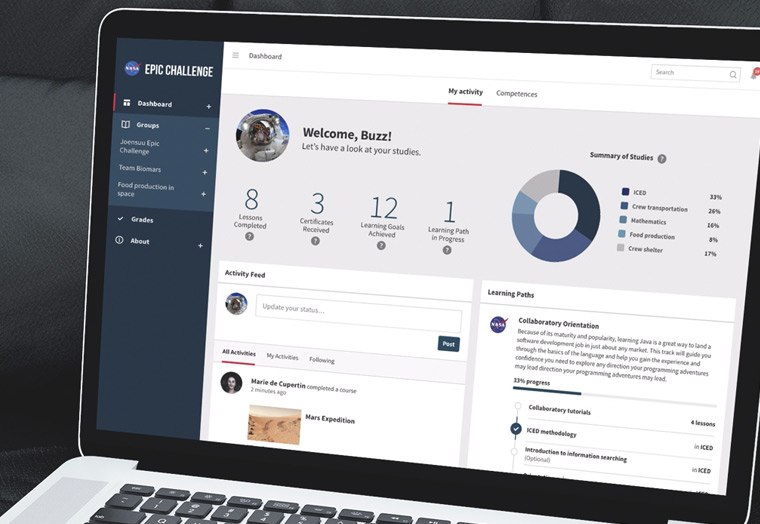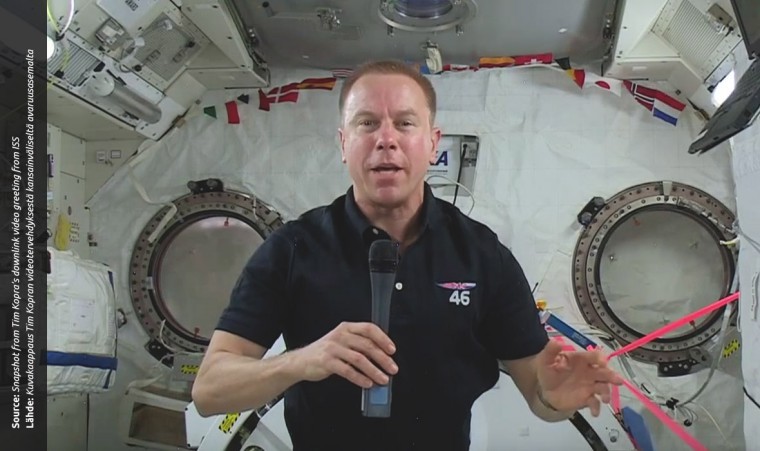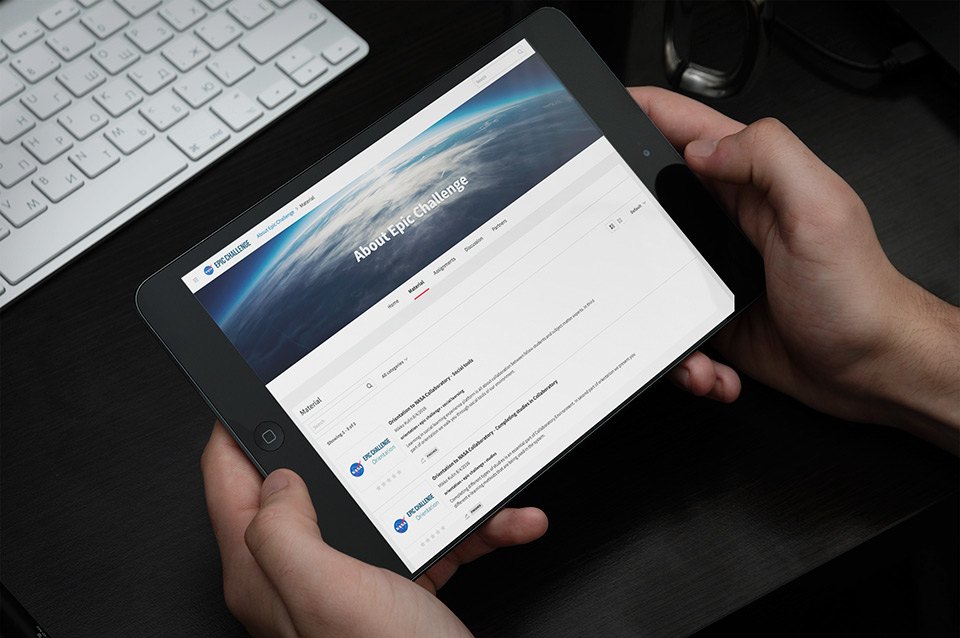NASA’s mission to attract top engineering talent with digital learning
Epic problem solving in a global learning environment

NASA wants to create global interest in space and attract the best and brightest graduating engineers to work in the aerospace industry.
Introduction
The National Aeronautics and Space Administration (NASA) is a leading U.S. Federal Government agency dedicated to space exploration and aerospace research. With over 17,000 employees, NASA is renowned for its groundbreaking solutions to complex aerospace challenges. Collaborating globally, NASA believes in addressing intricate problems by connecting with the most skilled individuals at the right moment.
The challenge
As a significant portion of the aerospace workforce approaches retirement, NASA faces a pressing need to attract top engineering and scientific talent. To address this, NASA launched the Epic Challenge program. This initiative aims to generate global interest in space and STEM fields by connecting teams of students with subject-matter experts to tackle major challenges facing humanity.
With the digital transformation of education, NASA recognized the need to enhance the Epic Challenge program by integrating a modern digital learning experience platform. The goal was to create an engaging, scalable virtual environment accessible across various devices, accommodating users from multiple continents and time zones.

Solution
NASA chose the Valamis Learning Experience Platform to support the Epic Challenge program. This platform enables students worldwide to collaborate virtually, utilizing knowledge from individual research, team interactions, and expert input. Valamis supports innovative learning approaches, including phenomenon-based learning.
Featuring Experience API (xAPI) and Learning Record Store (LRS) standards, Valamis provides robust analytics for tracking learning activities. xAPI captures diverse learning experiences, while LRS stores and retrieves data on learning achievements and performance.

Results
With Valamis, students globally are engaged in virtual teamwork to address the challenge of sustainable human habitation on Mars. The platform facilitates the sharing and curation of information, promoting both formal and informal learning in an interactive environment. Valamis also simplifies tracking and verifying learning progress.

The platform’s versatility extends to international research projects, aiding in the development of new solutions for space-related technical issues. Valamis supports testing and refining digital learning tools, measuring competencies from individual to organizational levels, and enhancing workforce development.
See it in action
Book a demo call now and let us help you connect the dots between learning and business success.
Book a demo now!